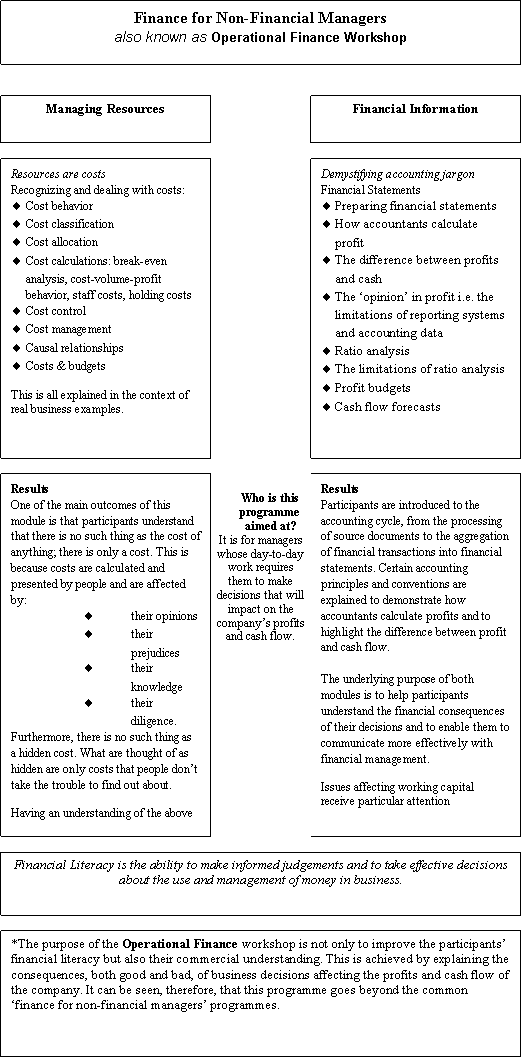

|
Mel Brooks Online |


|
This website was designed by Data League™ |

How to get a lower rate on your home loanYou can save more than R220 000 if your rate is dropped from prime less 1% to prime less 2%, on a R500 000 loan, over 20 years. Here's how…..
|
|
THE INSIDER:Bird brains take on the Telkom ADSL nerds
TELKOM ’s ADSL broadband service is expected to meet its match today in a contest with Winston, an 11-month-old homing pigeon with a memory card strapped to its leg. |
|
Capitalism II: The return
Over the last 18 months, capitalism has taken quite a battering, and many a commentator has heralded its demise, some more gleefully than others.
|
|
Technology news - Mobile operators agree to drop rates
The Independent Communications Authority of SA (ICASA) says mobile operators have agreed to drop the termination rates by the beginning of February 2010.
|
|
Still not business as usual
Mining may have been lifted by the global recovery since early this year. Electricity output may have been lifted by a mining pickup. And leading indicators may have….
|
|
Finance for Non-Financial
Managers
Background: The need for financial literacy
What makes business tick? Managers are often so engrossed in the running of businesses or individual departments that they lose sight of the big picture – and how their decisions affect the big picture. Talk of costs, profits, budgets, break-evens, working capital, capex and financial statements can be confusing, but a familiarity with these will provide an understanding of the consequences of day-to-day business decisions that are made. Understanding Finance Non-financial managers often feel frustrated because they do not understand the language of business. Many managers who do not have a financial background, at one time or another, experience difficulty in coming to grips with the financial aspects of a business problem, or in communicating with financial people such as accountants. In addition it is difficult for managers to manage costs if they do not understand exactly what costs are, how they behave and how they have been allocated.
One of the primary reasons for this is the jargon used by the financial people involved. The use of jargon in any situation is, of course, often unnecessary, but is nevertheless a challenge which all managers have to overcome; these workshops will help them.
An understanding of the financial consequences of any managerial decision is vital. So, too, is sufficient knowledge of the language of business to enable communication with financial people on an equal footing.
The Solution:
Invest in the two-day MBA Finance for Non-Financial Managers workshop.
|

|
“Accounting is the language of business” There are many ways to describe what is going on with a business, but whatever is said, it always comes back to the language of accounting. When Warren was asked by the daughter of one of his business associates what courses she should study in college, he replied, “Accounting – it is the language of business.” To read a company’s financial statements you need to know how to read the numbers. To do that you need to learn accounting. If you can’t read the scorecard, you can’t keep the score, which means you can’t tell the winners from the losers.
Source: The Tao of Warren Buffet
|
|
Specific outcomes of the program Participants will understand:
¨ how profits are made - the relationship between margins, volumes and expenses ¨ the effects of price changes on profit ¨ the difference between profits and cash ¨ how to calculate break-evens and do other business calculations ¨ the budgetary process ¨ how to motivate requests for capital expenditure ¨ how to interpret budget variances ¨ the profit forecast ¨ the cash flow forecast and the importance of liquidity ¨ the management of working capital ¨ accounting principles and how accounting works ¨ how accountants calculate profits ¨ financial statements (Income Statements & Balance Sheets) ¨ how to interpret financial information ¨ the key indicators that enable one to check the ‘health’ of a business.
In addition, key areas such as the behavior of costs and expenses and cost allocation - this being as important for operating managers as is any knowledge of balance sheets - will be explained with easily understood examples.
The learning approach Learning is reinforced by case studies, practical exercises and a set of concise easy-to-read notes which participants will find useful for future reference. In order to allow for maximum participation the number of participants at the workshop should be limited.
No assumptions regarding prior exposure to financial knowledge are made.
|
